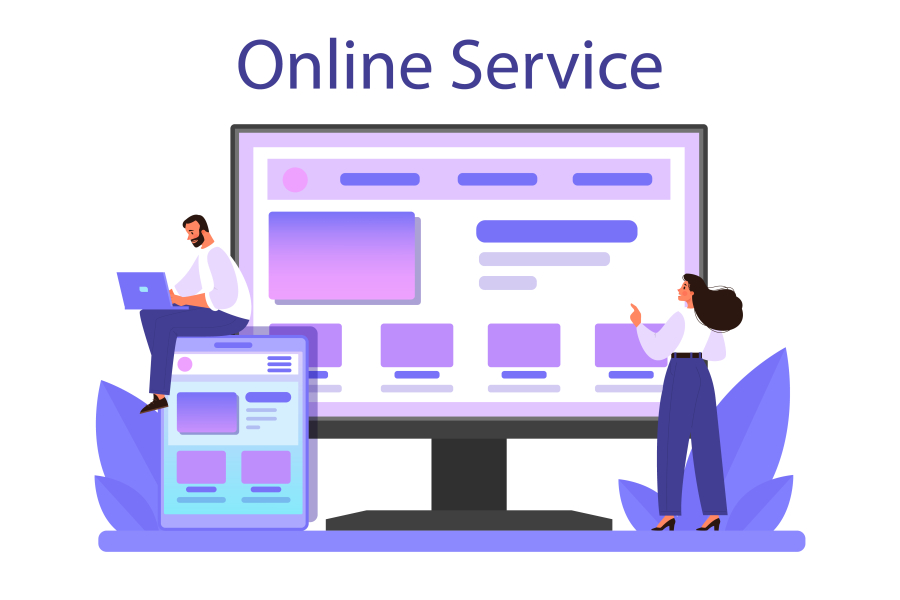Freelance CFO Services: What You Need to Know
Freelance CFO services are becoming increasingly popular among small and medium-sized businesses, startups, and growing enterprises. Many companies cannot afford a full-time Chief Financial Officer but still require high-level financial guidance. Freelance CFOs provide strategic insights, financial planning, risk management, and operational support without the long-term commitment of hiring a full-time executive.
This article explores what freelance CFO services entail, how businesses can benefit, and how freelancers can position themselves as trusted financial advisors.
What Are Freelance CFO Services?
Freelance CFO services involve providing Chief Financial Officer-level expertise on a part-time, project-based, or retainer basis. These services typically include:
Financial Planning and Analysis: Helping companies forecast revenue, manage budgets, and optimize cash flow.
Strategic Financial Advice: Advising on growth strategies, mergers, acquisitions, and investments.
Financial Reporting: Preparing and analyzing financial statements for internal use or stakeholders.
Risk Management: Identifying financial risks and implementing mitigation strategies.
Fundraising Support: Assisting with investor presentations, funding rounds, and capital allocation.
Operational Oversight: Optimizing financial operations, processes, and technology adoption.
Freelance CFOs bring executive-level expertise without the cost and commitment of a full-time role.
Benefits of Hiring a Freelance CFO
Businesses can gain several advantages by engaging a freelance CFO:
Cost Efficiency: Freelance CFOs are often more affordable than full-time executives, allowing businesses to access expert guidance without long-term salary commitments.
Flexibility: Companies can hire freelance CFOs for specific projects, seasonal needs, or on a retainer basis, adjusting as business requirements change.
Expertise: Freelancers often have diverse experience across industries, providing insights that may not be available in-house.
Strategic Focus: Freelance CFOs can dedicate time to high-impact financial planning and growth strategies rather than routine accounting tasks.
Scalability: As businesses grow, freelance CFOs can scale their involvement to match the company’s needs.
By leveraging freelance CFO services, companies can strengthen their financial foundation and make informed decisions that drive growth.
Key Responsibilities of a Freelance CFO
Freelance CFOs often assume the following responsibilities:
Financial Planning and Strategy: Develop comprehensive budgets, forecasts, and long-term financial plans aligned with business goals.
Cash Flow Management: Monitor cash flow trends, optimize working capital, and ensure financial stability.
Investment Planning: Evaluate potential investments, funding opportunities, and ROI metrics.
Performance Analysis: Measure key financial indicators, analyze variances, and recommend corrective actions.
Board Reporting: Prepare reports and presentations for stakeholders, investors, and board meetings.
Regulatory Compliance: Ensure the company meets tax, audit, and regulatory requirements.
Financial Technology Integration: Advise on accounting software, financial dashboards, and automation tools.
These responsibilities enable companies to make data-driven decisions while maintaining financial health.
How Freelancers Can Offer CFO Services
Freelancers who want to provide CFO services should follow these steps:
Develop Expertise: Acquire advanced financial knowledge, certifications such as CPA, CMA, or CFA, and experience in financial management.
Define Services: Specify the range of services offered, whether strategic planning, budgeting, fundraising support, or risk management.
Build a Portfolio: Showcase previous projects, successful financial outcomes, and client testimonials to establish credibility.
Set Pricing: Decide on hourly rates, project fees, or retainer models based on expertise and market demand.
Leverage Networking: Connect with startups, small businesses, and growth-stage companies via LinkedIn, business forums, or industry events.
Market Expertise: Share insights, blogs, and case studies demonstrating your ability to drive financial success.
Freelancers who follow these steps can position themselves as trusted advisors to businesses of all sizes.
Marketing Your Freelance CFO Services
Effective marketing helps attract high-value clients:
Professional Website: Maintain a dedicated page outlining services, experience, and success stories.
LinkedIn Presence: Optimize your profile with relevant keywords, publish articles, and engage with potential clients.
Content Marketing: Share educational content on financial management, strategy, and industry trends to showcase expertise.
Referrals and Testimonials: Encourage satisfied clients to provide recommendations and refer your services.
Networking Events: Attend conferences, webinars, and workshops to meet business owners and decision-makers.
Email Outreach: Targeted emails to startups and SMEs can help generate leads for consulting services.
By combining digital presence with proactive outreach, freelancers can steadily grow their client base.
Challenges in Freelance CFO Work
While offering freelance CFO services has many advantages, there are challenges:
Client Trust: Convincing businesses to rely on a part-time financial advisor requires proven credibility and strong communication.
Scope Creep: Freelance CFOs must clearly define responsibilities to avoid being overwhelmed with operational tasks.
Limited Access: Part-time involvement can limit decision-making influence compared to a full-time CFO.
Regulatory Risks: Freelancers must stay updated with tax laws, financial regulations, and compliance standards to avoid legal issues.
Time Management: Managing multiple clients requires careful planning to meet deadlines and deliver quality work.
Freelancers can overcome these challenges by setting clear contracts, defining boundaries, and maintaining transparent communication.
Tools and Resources for Freelance CFOs
Leveraging the right tools improves efficiency and service quality:
Accounting Software: QuickBooks, Xero, or Zoho Books for bookkeeping and financial reporting.
Financial Dashboards: Tools like Tableau or Power BI for real-time analytics and visualization.
Budgeting Tools: Adaptive Insights or Planful for financial planning and forecasting.
Communication Platforms: Zoom, Slack, or Microsoft Teams for client collaboration.
Document Management: Google Workspace, Dropbox, or DocuSign for secure document sharing and approvals.
CRM Software: HubSpot or Salesforce to manage client interactions and leads.
Using these tools ensures that freelance CFOs deliver accurate, timely, and professional services.
Conclusion
Freelance CFO services offer businesses strategic financial guidance without the cost of a full-time executive. By providing budgeting, forecasting, risk management, and operational support, freelance CFOs help companies grow and make informed decisions. Freelancers can succeed in this field by developing expertise, marketing services effectively, and leveraging technology to deliver high-value insights.
For startups and small businesses seeking expert financial advice, hiring a freelance CFO is a cost-effective, flexible, and impactful solution. Freelancers who position themselves as strategic partners can build a sustainable, rewarding career in financial consulting.


 by Emily
by Emily




